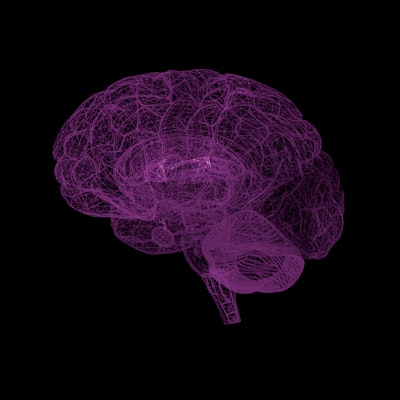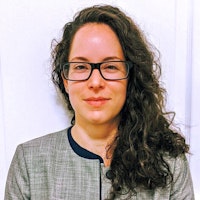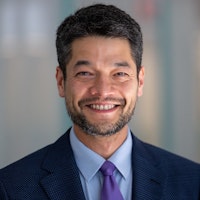
Cybersecurity is patient safety.
Show Notes
Cybersecurity gaps in the technological systems that run our lives are becoming more and more apparent. Hardly a day goes by that we don’t hear about another major institution hit with an attack. Many hospitals and healthcare organizations have suffered interruptions of service because of cyber hacks and ransomware, and the consequences for patients can literally be life or death. But could these kinds of threats go even deeper? What happens when we implant internet-connected devices into our bodies, like pacemakers and defibrillators? Electrical engineer and professor Kevin Fu researches medical device cybersecurity, and uses threat modeling to game out and catch every possible weak spot before the unthinkable happens to a patient. Jessica Wilkerson works on the regulation and enforcement side, developing policy at the U.S. Food and Drug Administration for safe and effective medical devices. Vivian Schiller, the executive director of Aspen Digital, moderates a conversation between the two about what it takes to ensure safety against increasingly sophisticated bad actors when the stakes couldn’t be higher, and the exact methods and scenarios are unknown.
Explore
Related episodes


The pandemic amplified political polarization. As doctors learned more about COVID-19, protocols changed and people started to question the guidance. Science itself, came under scrutiny. CPR Audio Innovations producer Emily Williams shares a conversation with Dr. Ashish Jha, a White House COVID-19 response coordinator.


Robots as caregivers? Meet “Pepper,” a robot that can tell a joke, recognize emotions and help people remember special times in their lives. Professor Arshia Khan of the University of Minnesota Duluth spoke at Aspen Ideas: Health.


People often talk about maintaining their physical health but brain health is an afterthought. It turns out brain fitness at any age heightens and protects brain function and can even prevent brain disease. Sanjay Gupta, author of Keep Sharp: Build a Better Brain at Any Age, Maria Shriver, founder of the Women’s Alzheimer’s Movement, and Natalie Morales, West Coast anchor...


The reversal of Roe v. Wade would make it difficult or impossible for millions of people to obtain abortions, but would also open the doors to criminally prosecute people who seek or obtain an abortion. And in our technological age, that criminalization brings new, frightening opportunities for digital surveillance by law enforcement agencies or anti-abortion vigilantes. I...









